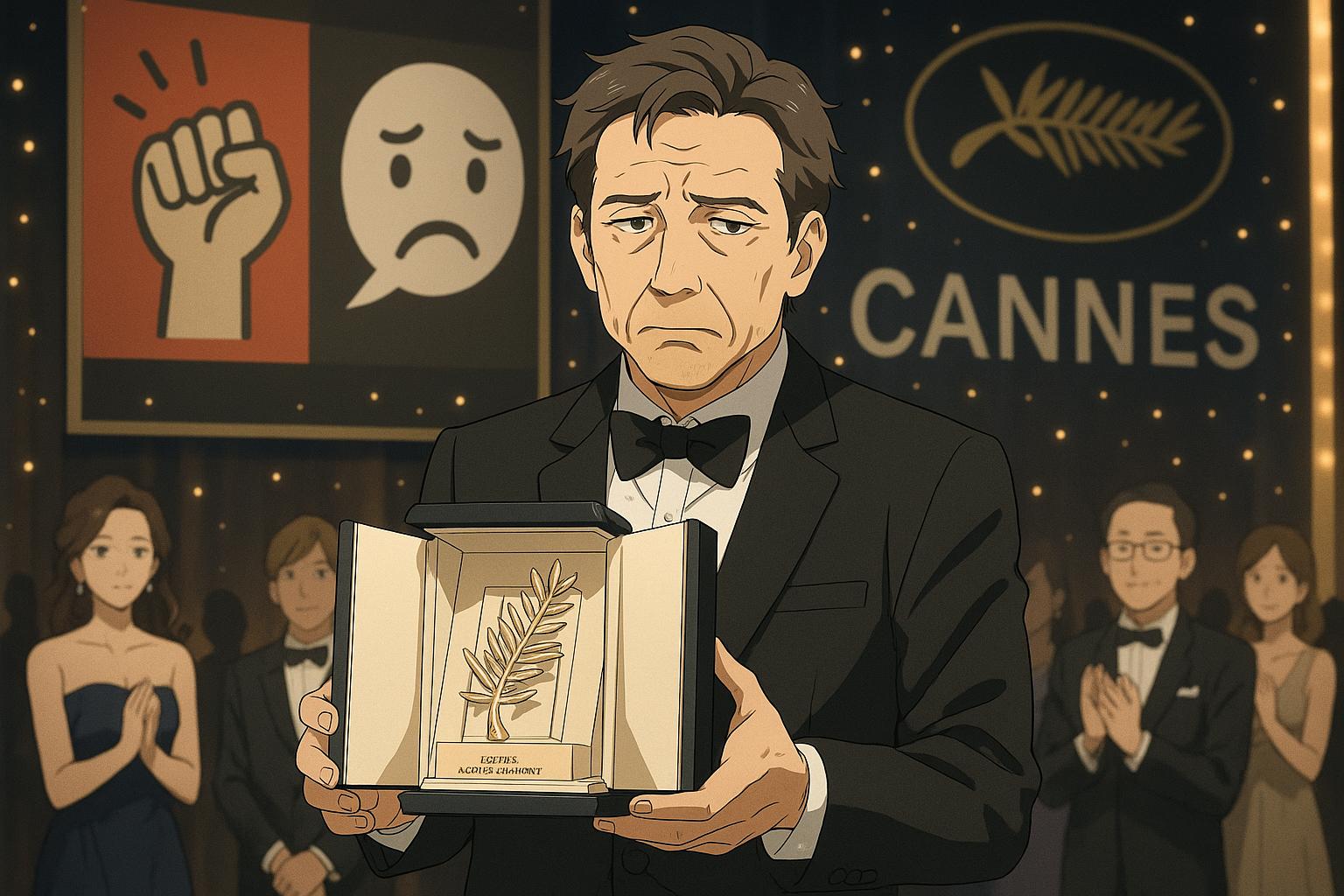Kevin Spacey's recent appearance at a gala in Cannes to collect a Lifetime Achievement Award has reignited both admiration and controversy, highlighting the ongoing tensions surrounding his return to public life. Following his exoneration in a high-profile trial in the UK, Spacey, who is 65, has been attempting to reintegrate into Hollywood, even as many within the industry and the public remain divided over his legacy and the allegations against him.
At the gala, organised by the Better World Fund, Spacey took the opportunity to voice his concerns about what he termed the 'blacklisting' culture in Hollywood. This sentiment evoked historical comparisons to the blacklisting era of the 1950s, during which numerous artists faced severe repercussions based on unproven allegations. In his acceptance speech, Spacey expressed gratitude to Manuel Collas de La Roche, the founder of the Better World Fund, for 'having the courage' to invite him. He drew parallels between his own experiences and the struggles of past artists like Dalton Trumbo, who was blacklisted for his political beliefs, asserting that history often repeats itself.
Although Spacey has faced allegations from over 30 individuals since the onset of the #MeToo movement, he remains adamant about his innocence. His recent acquittal at Southwark Crown Court involved charges related to four men, further complicating his narrative, as societal reactions to his return are heavily influenced by public sentiment associated with #MeToo. Many critics, particularly those aligned with the movement, have taken to social media to express outrage over Spacey's participation in events like the gala, stating that celebrating him undermines progress made against sexual misconduct in the industry.
The Cannes Film Festival, renowned for its scrutiny of both cinematic content and the artists behind the lens, has not officially welcomed Spacey. Reports have clarified that the festival organisers did not extend an invitation and dissociated themselves from the event where he received his award. Consequently, this occurrence can be viewed as an act of defiance from Spacey and the Better World Fund, as it occurred in a space typically reserved for the celebration of cinema, not controversies surrounding those who have faced serious accusations.
Spacey's return to the public eye is not an isolated event. Earlier this year, he received a Lifetime Achievement Award from the National Museum of Cinema in Turin, Italy, signifying significant cultural pushback against his alleged behaviour. During that ceremony, he also emphasised his gratitude for being acknowledged despite facing numerous allegations.
The landscape of Hollywood has indeed shifted dramatically in recent years due to evolving conversations around accountability and the treatment of alleged perpetrators. As Spacey continues to navigate this complex environment, his statements about 'blacklisting' may resonate with some but also serve as provocations to an audience that views such claims as a deflection from his alleged misconduct.
The juxtaposition of celebrating artistry while grappling with personal integrity presents a unique narrative arc in the lives of many involved in filmmaking. While Spacey remains a figure of artistic significance, his legacy is now inextricably linked to broader societal conversations about power, abuse, and the consequences of unchecked behaviour within the entertainment industry.
As he moves forward, Spacey's future in cinema will likely depend not only on his contributions as an actor but also on the industry's willingness to confront its past and re-evaluate the parameters of accountability and forgiveness.
Reference Map
- Paragraph 1: [1]
- Paragraph 2: [1]
- Paragraph 3: [1]
- Paragraph 4: [1]
- Paragraph 5: [1], [2], [3]
- Paragraph 6: [1], [4]
- Paragraph 7: [1], [5]
- Paragraph 8: [1], [6]
- Paragraph 9: [1], [7]
Source: Noah Wire Services
